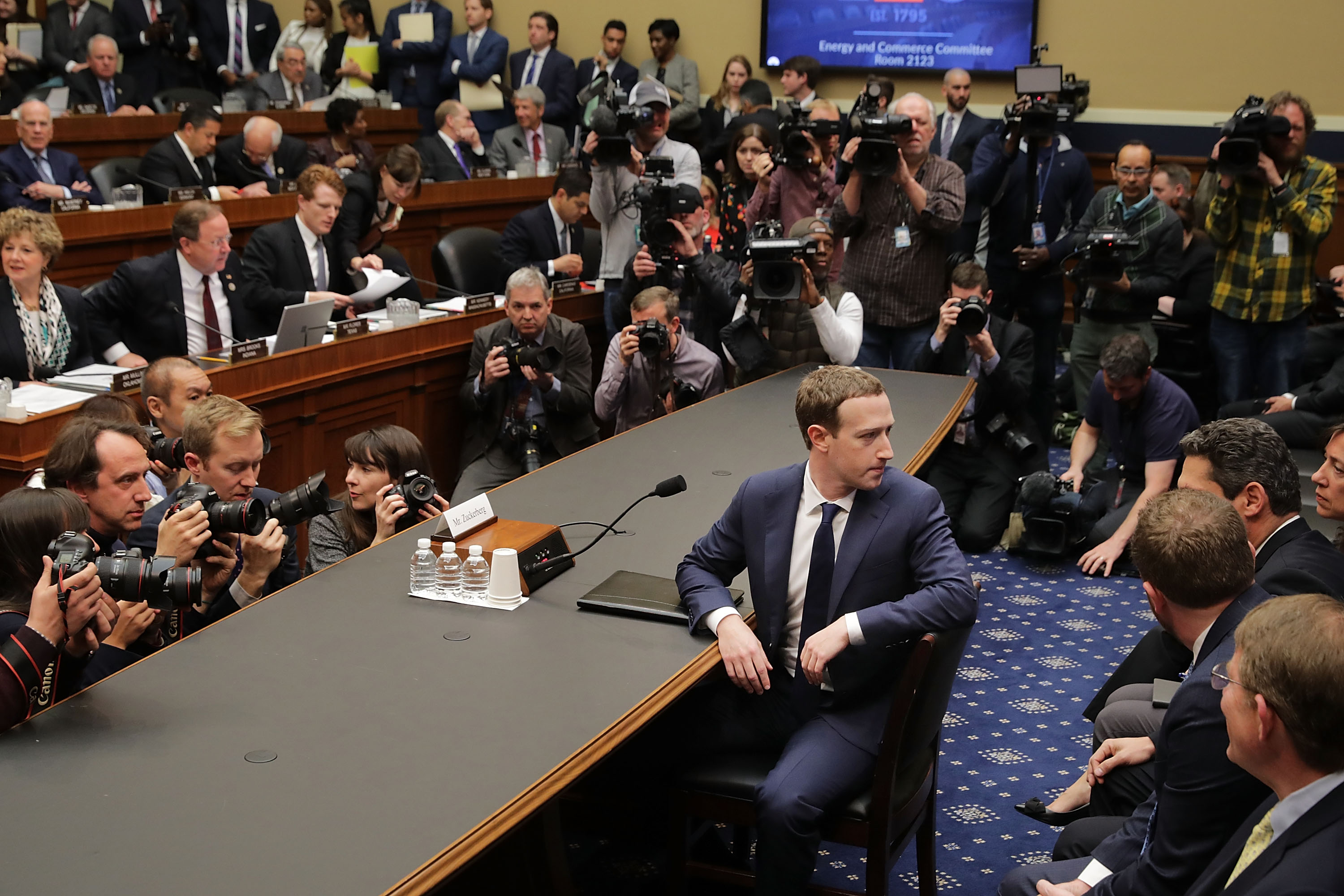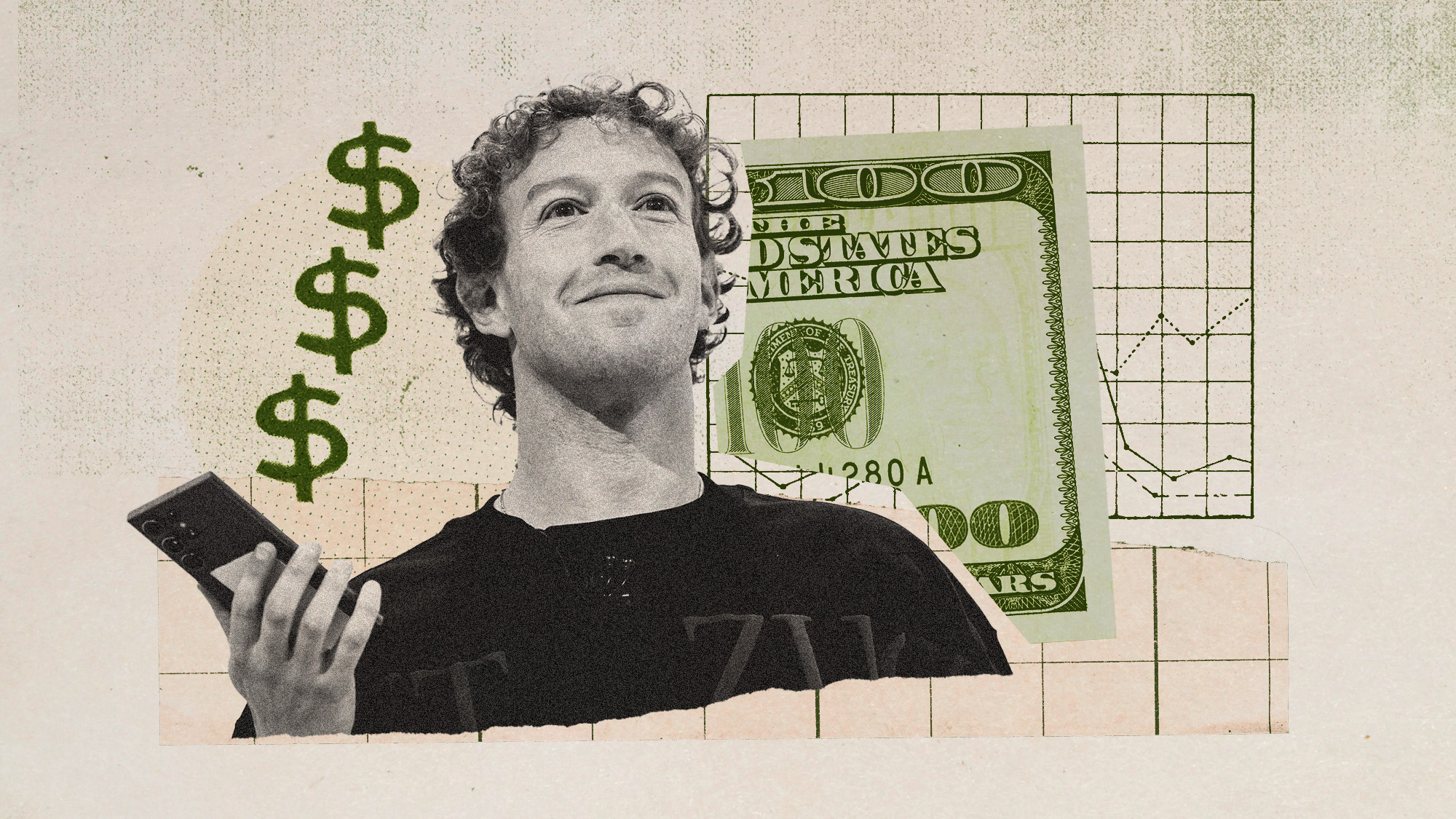Fresh Facebook privacy glitch hits 14 million people
Company apologises after users unknowingly shared private posts with the public

A free daily email with the biggest news stories of the day – and the best features from TheWeek.com
You are now subscribed
Your newsletter sign-up was successful
Facebook has warned that a software bug has led to millions of users unknowingly posting their private data to the public.
According to The Guardian, the glitch affected the social media giant’s “audience selector” feature, which lets users choose whether everyone or just those in their friends list can view a post.
The tool is meant to default to the option most recently selected by the user, but the bug switched that setting to “public” between 18 and 22 May, while Facebook was testing a new feature.
The Week
Escape your echo chamber. Get the facts behind the news, plus analysis from multiple perspectives.

Sign up for The Week's Free Newsletters
From our morning news briefing to a weekly Good News Newsletter, get the best of The Week delivered directly to your inbox.
From our morning news briefing to a weekly Good News Newsletter, get the best of The Week delivered directly to your inbox.
Around 14 million affected users posted publicly while the bug was active, with images or statuses intended only for friends instead shared with anyone accessing the social network, the Financial Times says.
The glitch has since been fixed and the company has begun informing the users involved, the newspaper adds.
Facebook privacy chief Erin Egan said: “We’d like to apologise for this mistake.
“Out of an abundance of caution, we are letting anyone affected know today and asking them to review Facebook posts they made during that time.”
A free daily email with the biggest news stories of the day – and the best features from TheWeek.com
The recent glitch is “relatively minor”, but BBC News says it is still “another embarrassing slip-up” for a company desperately working to rebuild trust following the Cambridge Analytica scandal.
A Facebook spokesperson told the broadcaster that the company aims to be “more transparent with users”.
-
 How Democrats are turning DOJ lemons into partisan lemonade
How Democrats are turning DOJ lemons into partisan lemonadeTODAY’S BIG QUESTION As the Trump administration continues to try — and fail — at indicting its political enemies, Democratic lawmakers have begun seizing the moment for themselves
-
 ICE’s new targets post-Minnesota retreat
ICE’s new targets post-Minnesota retreatIn the Spotlight Several cities are reportedly on ICE’s list for immigration crackdowns
-
 ‘Those rights don’t exist to protect criminals’
‘Those rights don’t exist to protect criminals’Instant Opinion Opinion, comment and editorials of the day
-
 Is social media over?
Is social media over?Today’s Big Question We may look back on 2025 as the moment social media jumped the shark
-
 Social media: How 'content' replaced friendship
Social media: How 'content' replaced friendshipFeature Facebook has shifted from connecting with friends to competing with entertainment companies
-
 Meta on trial: What will become of Mark Zuckerberg's social media empire?
Meta on trial: What will become of Mark Zuckerberg's social media empire?Today's Big Question Despite the CEO's attempt to ingratiate himself with Trump, Meta is on trial, accused by the U.S. government of breaking antitrust law
-
 What does an ex-executive's new memoir reveal about Meta's free speech pivot?
What does an ex-executive's new memoir reveal about Meta's free speech pivot?Today's Big Question 'Careless People' says Facebook was ready to do China censorship
-
 What's Mark Zuckerberg's net worth?
What's Mark Zuckerberg's net worth?In Depth The Meta magnate's products are a part of billions of lives
-
 Is the AI bubble deflating?
Is the AI bubble deflating?Today's Big Question Growing skepticism and high costs prompt reconsideration
-
 How social media is limiting political content
How social media is limiting political contentThe Explainer Critics say Meta's 'extraordinary move' to have less politics in users' feeds could be 'actively muzzling civic action'
-
 Twitter's year of Elon Musk: what happens next?
Twitter's year of Elon Musk: what happens next?In the Spotlight 'Your platform is dying', says one commentator, but new CEO is aiming for profitability next year